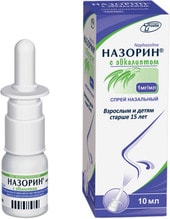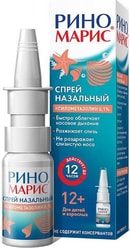Zinc: Benefits, Deficiency, Sources & More
Zinc is an essential trace mineral crucial for numerous bodily functions. From supporting a healthy immune system to playing a vital role in cell growth and division, zinc's impact on overall well-being is undeniable. This comprehensive guide explores the multifaceted benefits of zinc, delves into the symptoms of deficiency, and provides practical advice on incorporating sufficient zinc into your diet.
Understanding Zinc's Crucial Role:
- Immune Function: Zinc strengthens the immune system, helping the body fight off infections and diseases. A zinc deficiency can increase susceptibility to illness.
- Wound Healing: Zinc plays a key role in tissue repair and wound healing, promoting faster recovery from injuries.
- Cell Growth and Division: Essential for cell replication and growth, zinc is particularly important during childhood development and pregnancy.
- Protein Synthesis: Zinc is a vital component in the synthesis of proteins, the building blocks of the body.
- DNA Synthesis: Crucial for the replication and repair of DNA, ensuring healthy cell function.
- Taste and Smell: Zinc contributes to the sense of taste and smell. Deficiency can lead to diminished perception.
Recognizing Zinc Deficiency:
- Weakened Immune System: Increased frequency and severity of infections.
- Slow Wound Healing: Wounds take longer to heal.
- Hair Loss: Thinning hair or hair loss.
- Diarrhea: Persistent or recurring diarrhea.
- Loss of Appetite: Decreased desire to eat.
- Delayed Growth and Development: Particularly in children.
- Skin Lesions: Rashes or other skin problems.
- Impaired Taste and Smell: Difficulty tasting or smelling.
Boosting Your Zinc Intake:
Fortunately, incorporating sufficient zinc into your diet is relatively straightforward. Excellent sources of zinc include:
- Oysters: One of the richest sources of zinc.
- Red Meat: Beef, lamb, and pork are good sources.
- Poultry: Chicken and turkey contain zinc.
- Legumes: Beans, lentils, and chickpeas are plant-based sources.
- Nuts and Seeds: Pumpkin seeds, cashews, and almonds offer zinc.
- Dairy Products: Milk, cheese, and yogurt contribute to zinc intake.
- Whole Grains: Contain smaller amounts of zinc.
Recommended Daily Intake:
The recommended daily allowance of zinc varies depending on age, sex, and overall health. Consult a healthcare professional or registered dietitian for personalized advice on your specific needs. Excessive zinc intake can also be harmful, so moderation is key.
Disclaimer:
This information is for educational purposes only and is not a substitute for professional medical advice. Consult a healthcare provider before making any dietary changes or if you suspect a zinc deficiency.





